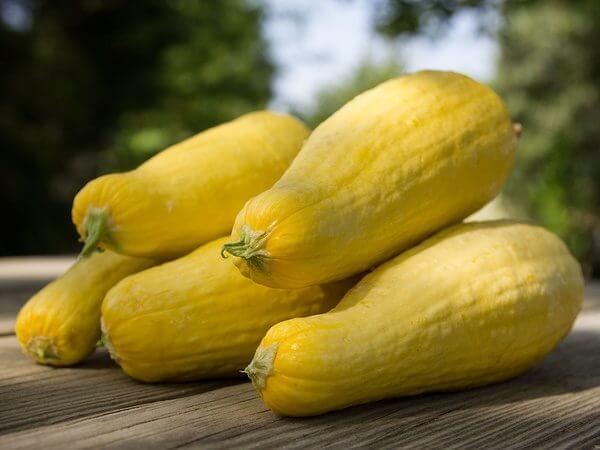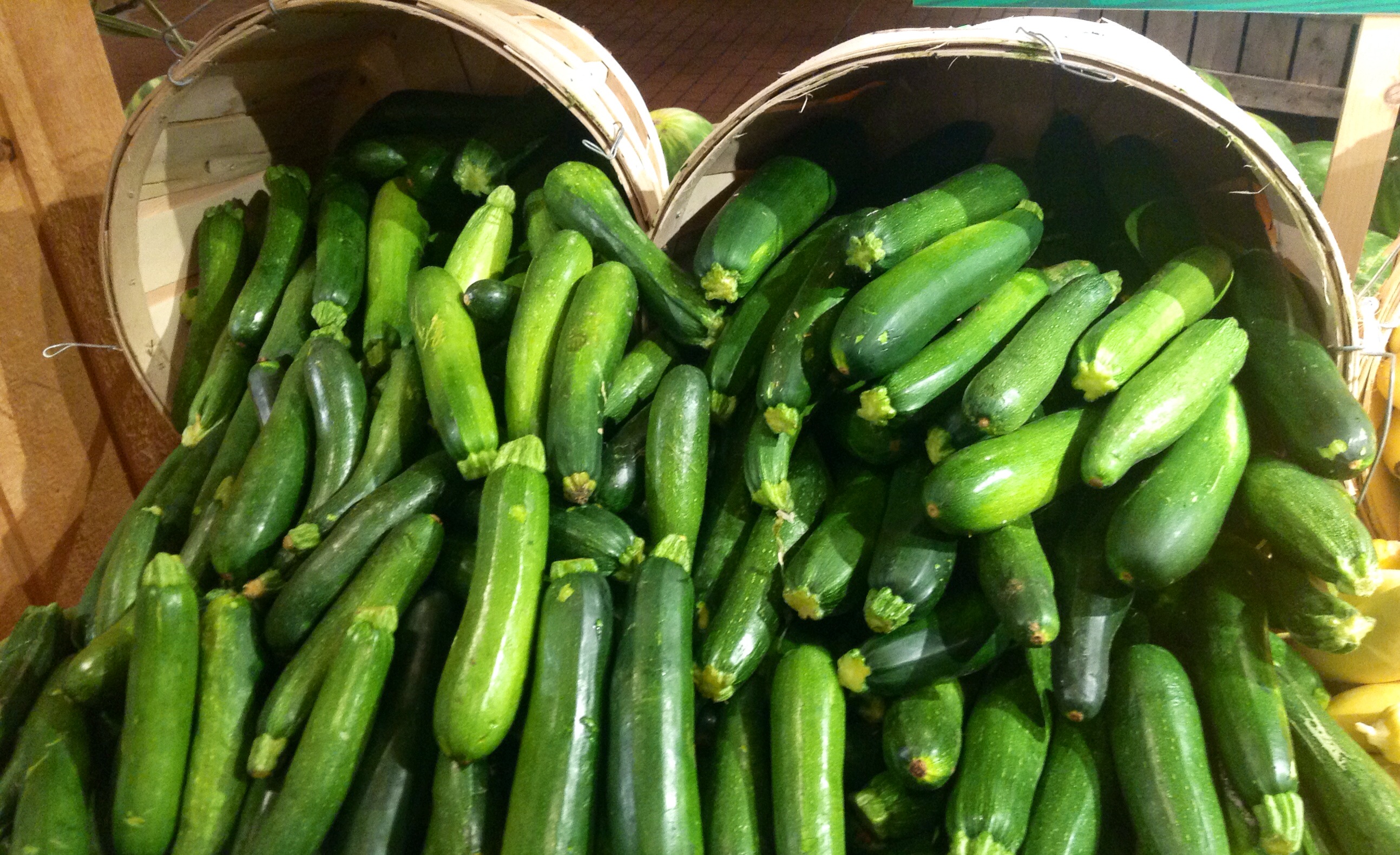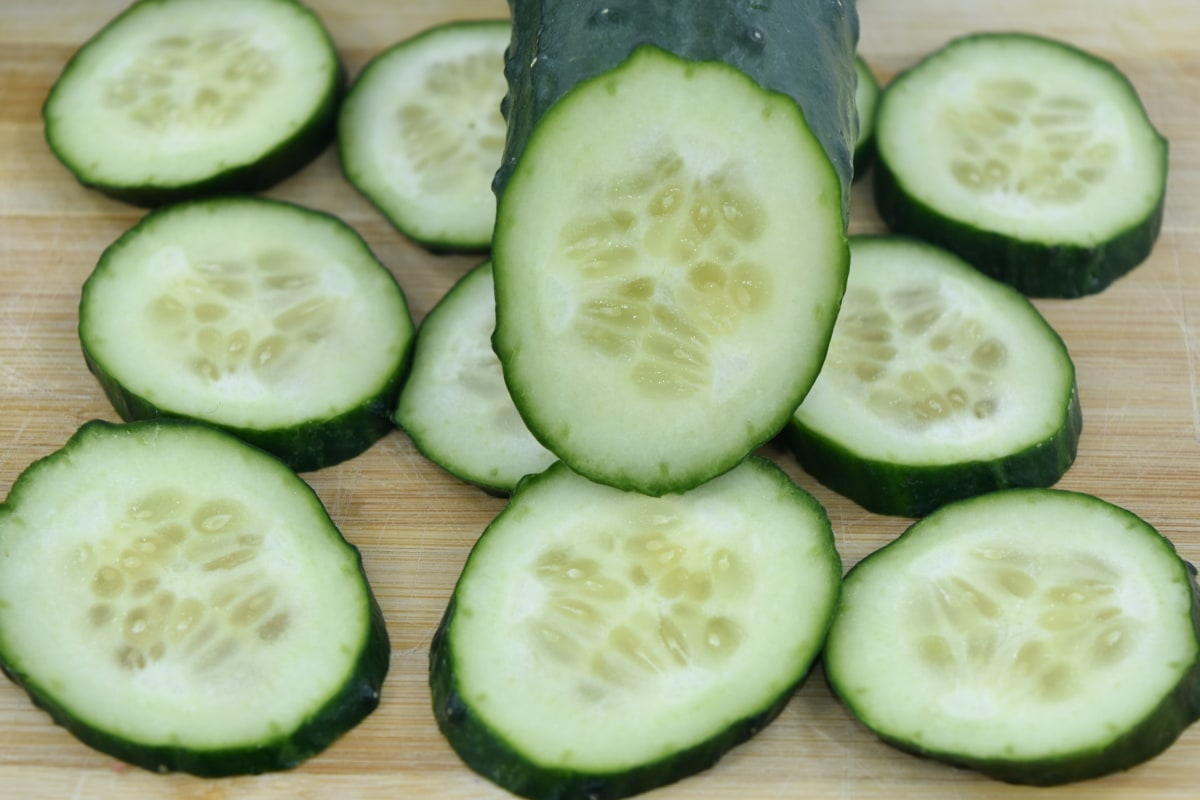
Yellow squash is a kind of summer squash that grow in many parts of the United States. They can be purchased at local farmers markets and other health food and grocery stores around the country. Yellow squash is alkaline vegetable that has many nutritional benefits and is used in several recipes. The health benefits of the yellow squash are very important because they includes essential minerals and other nutrients that are vital for the human body to function efficiently.
The summer squash only has little fat and no cholesterol. A cup of sliced yellow squash, has just 0.2 grams of fat and a medium yellow squash contains approximately 0.4 grams. Excluding bad fats and bad cholesterol from the body is essential to reducing the risk of heart disease.
The alkaline vegetable is very low in calories, with roughly 20 calories in the small-sized yellow squash and 30 calories in a medium-sized yellow squash. A diet that consist of consuming less calories than what is expended boosts weight loss.
Essential mineral such as iron and folate, are found in yellow squash. A small yellow squash has approximately 0.5 milligrams of iron and 35 micrograms of folate. The body needs iron and folate to produce red blood cells and to prevent anemia. Iron and folate is also important for women who are pregnant. Natural iron is the most essential mineral for a pregnant woman and folate supports the normal development of the fetal brain and nervous system during the early stages of pregnancy.
Yellow squash has high amounts of lutein and beta carotene. A small yellow squash provides a person with around 2,400 micrograms of lutein and 135 micrograms of beta carotene. Natural dietary lutein can help prevent cataracts disease, macular degeneration, or any other age-related eye conditions which can lead to blindness. Beta carotene is an antioxidant that helps protect the body against cancers and other diseases or damage from toxic free radicals.





